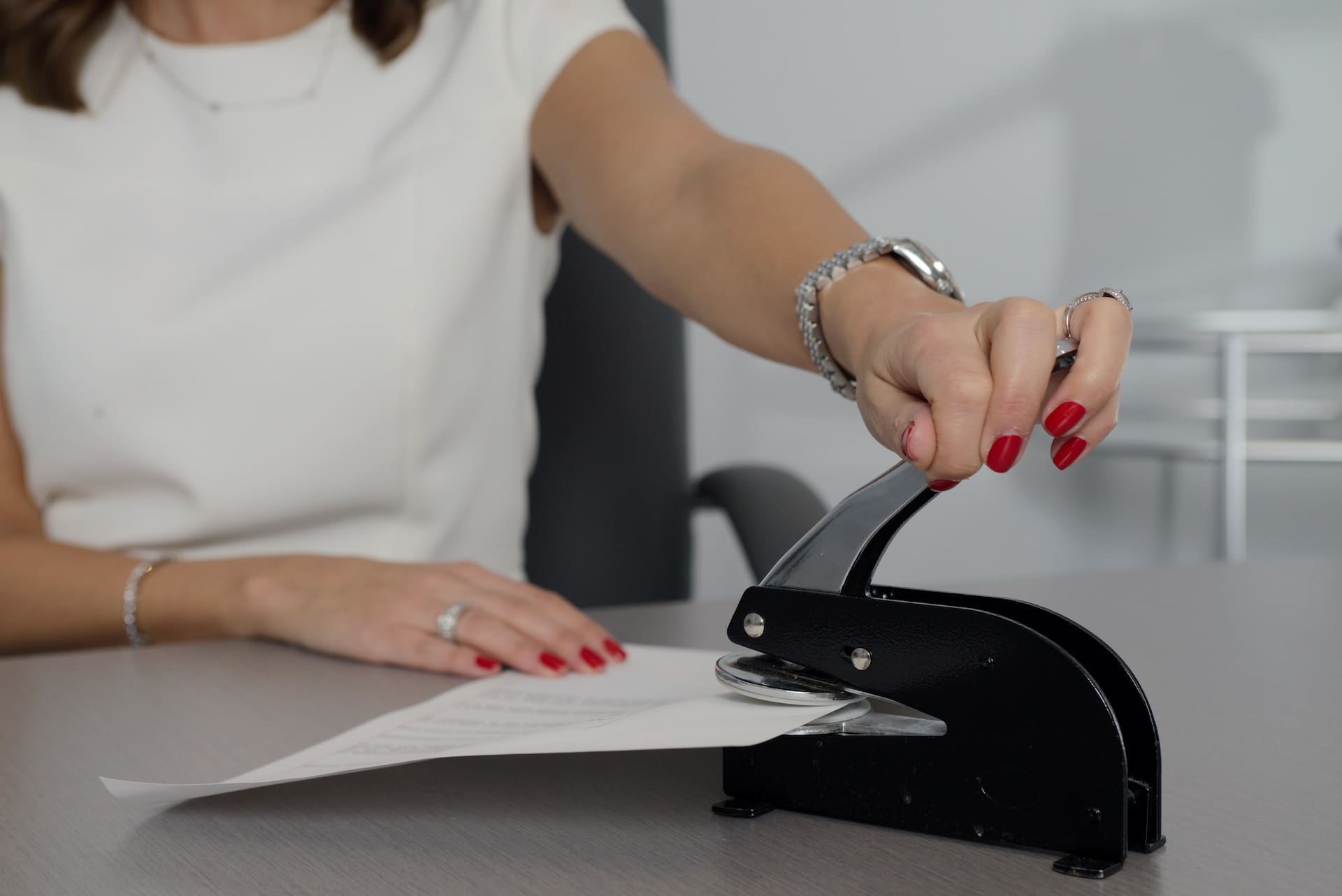
01 Nov Who Can Witness a Will in Arizona?
One of the most important steps in making a will is having it witnessed. Whether your will is typed, handwritten, or electronic, without the signatures of witnesses it will not be legally valid. But you have to be careful who you choose to be your witnesses—if they stand to benefit from your will, or are related to someone who does, their signature would make your entire will invalid.
Each state has very specific laws about who can witness a will. We explain the witness requirements in Arizona in more detail below, and answer some of the most frequently asked questions about witnessing a will.
What Are the Witness Requirements for Wills in Arizona?
When it comes to choosing witnesses for your will, the main thing to remember is to choose someone competent and impartial. According to Arizona law, witnesses can not be one of your beneficiaries or anyone related to them.
Here are the legal requirements for witnesses to a will:
- Witnesses must be at least 18. They have to be old enough to have their own will in order to witness someone else’s. In short, they must be a legal adult.
- Witnesses must be “generally competent” and able to understand what they are doing. It’s possible that they will need to testify in court during the probate process, so it’s important to choose someone trustworthy.
- Witnesses cannot be anyone who is named in your will, no matter how big or small the bequest is. If you’re leaving your comic book collection to your cousin Tony, he can’t witness your will.
- Witnesses must not be related by blood, marriage, or adoption to you or to anyone named in your will. You have to choose an impartial witness, like your lawyer or a trusted neighbor.
How Many Witnesses Do You Need?
Two—you must choose two eligible witnesses and meet together with both of them to sign the will. They must watch you sign and date your will, and then you must watch your witnesses do the same. If you are making a self-proving will, you’ll all need to sign it in the presence of a notary public.
Do Wills Need to Be Notarized in Arizona?
No—Arizona does not require a will to be signed by a notary in most cases. However, if you want to make a self-proving will, then you do need to have it notarized. With a self-proving will, the court does not need to contact your witnesses. The notarized affidavit automatically proves that the will is valid, and the witnesses will not have to appear in court.
Do Your Witnesses Need to Know What’s in Your Will?
No—your witnesses do not need to know any of the details of your will. All they need to do is verify that the document exists, that you signed it willingly and of sound mind in their presence, and that they signed it in front of you.
Make Sure Your Will Is Valid—Meet with an Estate Planning Attorney
When it comes to preparing your will, it’s best to consult an expert. The team at Phelps LaClair can give you detailed advice on what you should and should not include in your will, and even witness it for you. We can also advise you on setting up a trust so you can avoid probate. If you want to make sure that your will is valid and your entire estate is accounted for, contact us to schedule a consultation today.
Photo by Stephen Goldberg on Unsplash used with permission under the Creative Commons license for commercial use 10/24/2023.


